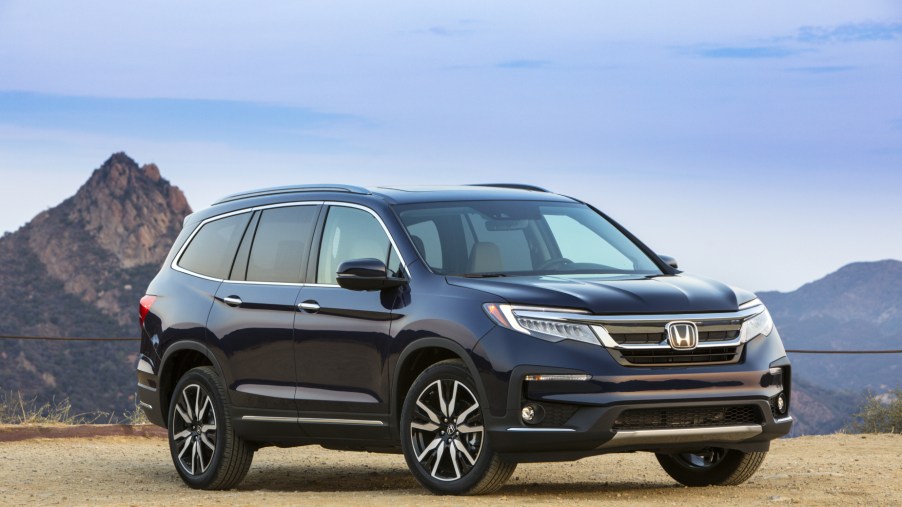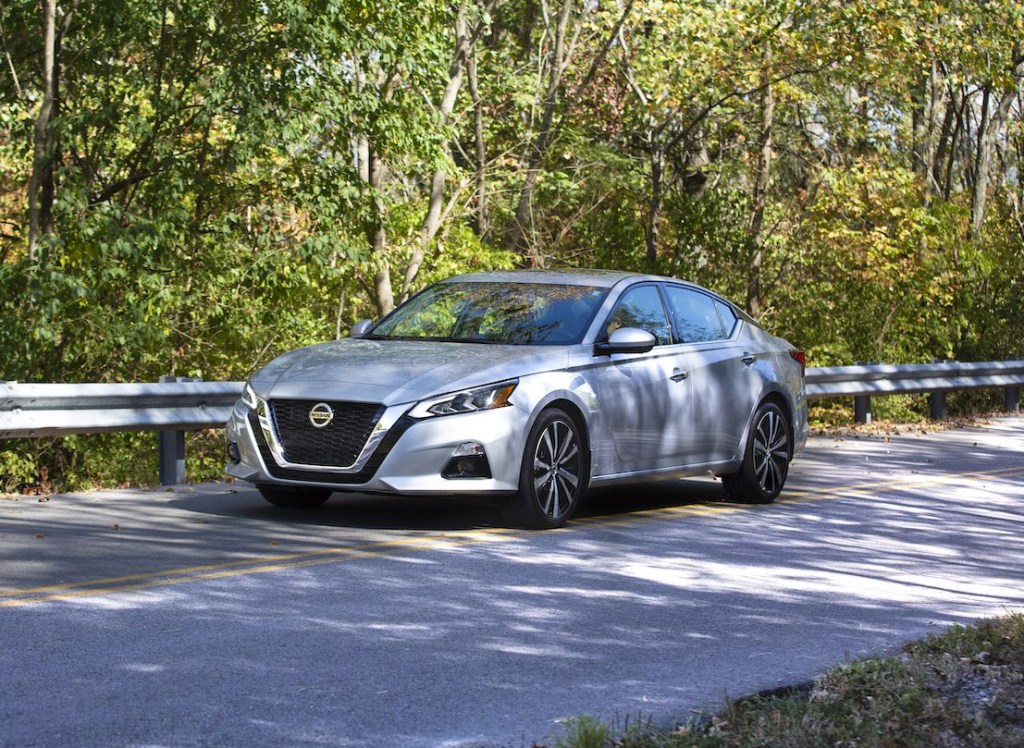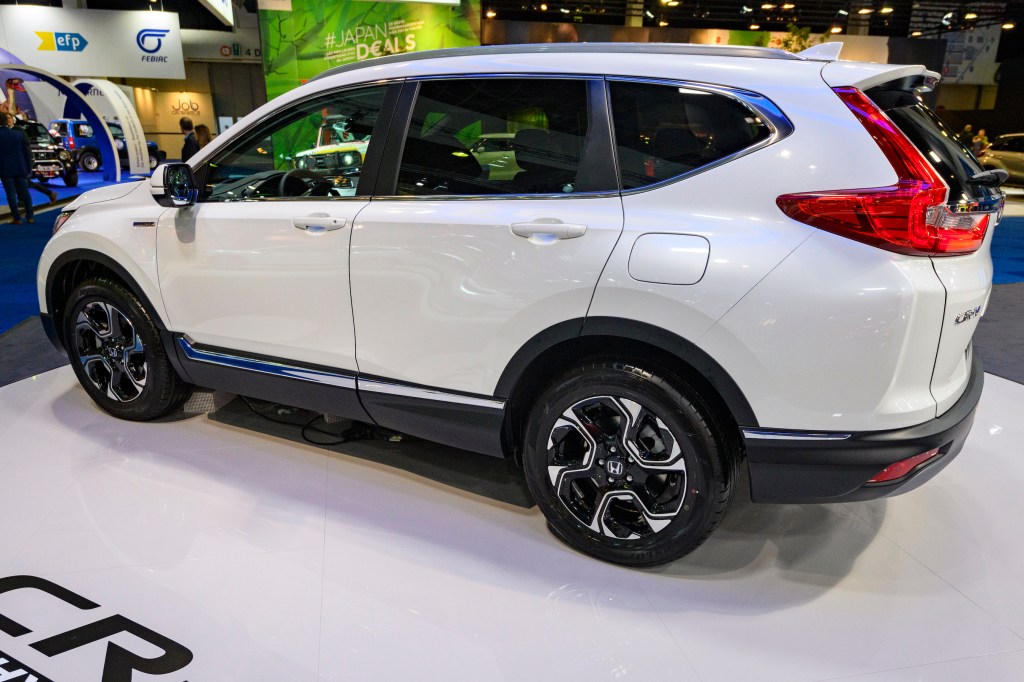
Is it Cheaper to Insure an SUV or a Sedan?
If you’re in the market for a new car, then you’ll have to decide on what size of vehicle you need. A large sedan can fit everyone and their stuff, but it might not be too capable in inclement weather. On the other hand, a larger SUV could do a much better job as a daily driver and weekend hauler. Vehicles sizes aside, have you considered the cost to insure either of these vehicles?
How do insurance companies set the premiums for various car?
While you can easily call around, or go online, and get quotes from various insurance companies regarding a quote for the sedan or SUV that you’re interested in, it’s a good idea to know how insurance companies come up with the premium amounts for each car.
Obviously, certain personal factors like how old you are, how long you have been driving, and your driving record will come into play, as well as where the car is located. But there are other factors such as the potential cost to repair the vehicle, the vehicle’s safety record, how likely it is to be stolen, and how much damage it can cause to other people’s property, which can all have an impact on a car’s premium.

Which is cheaper to insure? An SUV or sedan?
As far as the difference between insuring an SUV versus a sedan, an SUV is more likely to have a beneficial impact on your collision coverage, since it’s more likely to withstand a collision. While a sedan could equate to lower liability premiums over an SUV. According to Allstate, some SUVs and cars might be cheaper to insure than others depending on their safety ratings and equipment as well.
Although, having a safer car might not always mean a lower insurance premium, but it never hurts if the SUV or sedan that you’re buying happens to have an IIHS Top Safety Pick + award. To give you an example of some insurance premiums, The Zebra put together this list of sedan and SUVs along with their corresponding premiums.
Sedans:
- Chevy Cruze: $1,604
- Honda Accord: $1,624
- Honda Odyssey: $1,633
- Nissan Altima: $1,744
- Honda Civic: $1,801
- Toyota Camry: $1,692
- Toyota Corolla: $1,724
SUVs:
- Honda CR-V: $1,509
- Chevy Equinox: $1,496
- Subaru Forester: $1,588
- Toyota RAV4: $1,556
- Nissan Rogue: $1,546
- Ford Explorer: $1,569
- Jeep Cherokee: $1,579
It’s pretty easy to see that any of these common SUV models are cheaper to insure annually than their sedan counterparts. In fact, some of them can cost up to around $300 less per year, which can technically offset the higher monthly payments that you might make for the SUV.

Should you buy an SUV or a sedan?
When it comes to making the ultimate decision between buying an SUV or a sedan, we suggest calculating the overall cost including the price of the car and fuel costs in addition to the insurance premiums. While an SUV could be cheaper to insure, you might end up spending more on fuel costs. However, the additional cost could be marginal in comparison. Just remember to weigh out all of the pros and cons before making your purchase.



